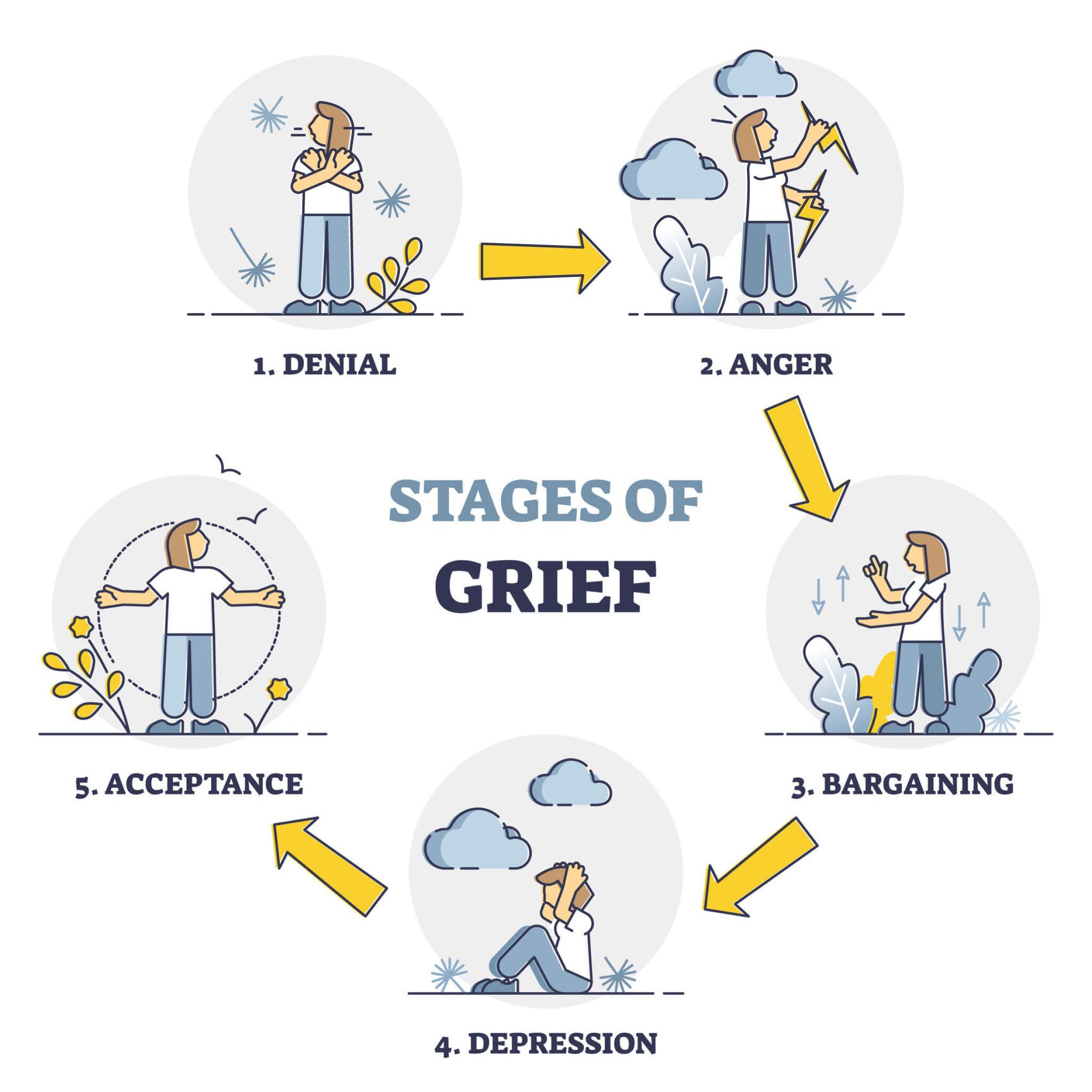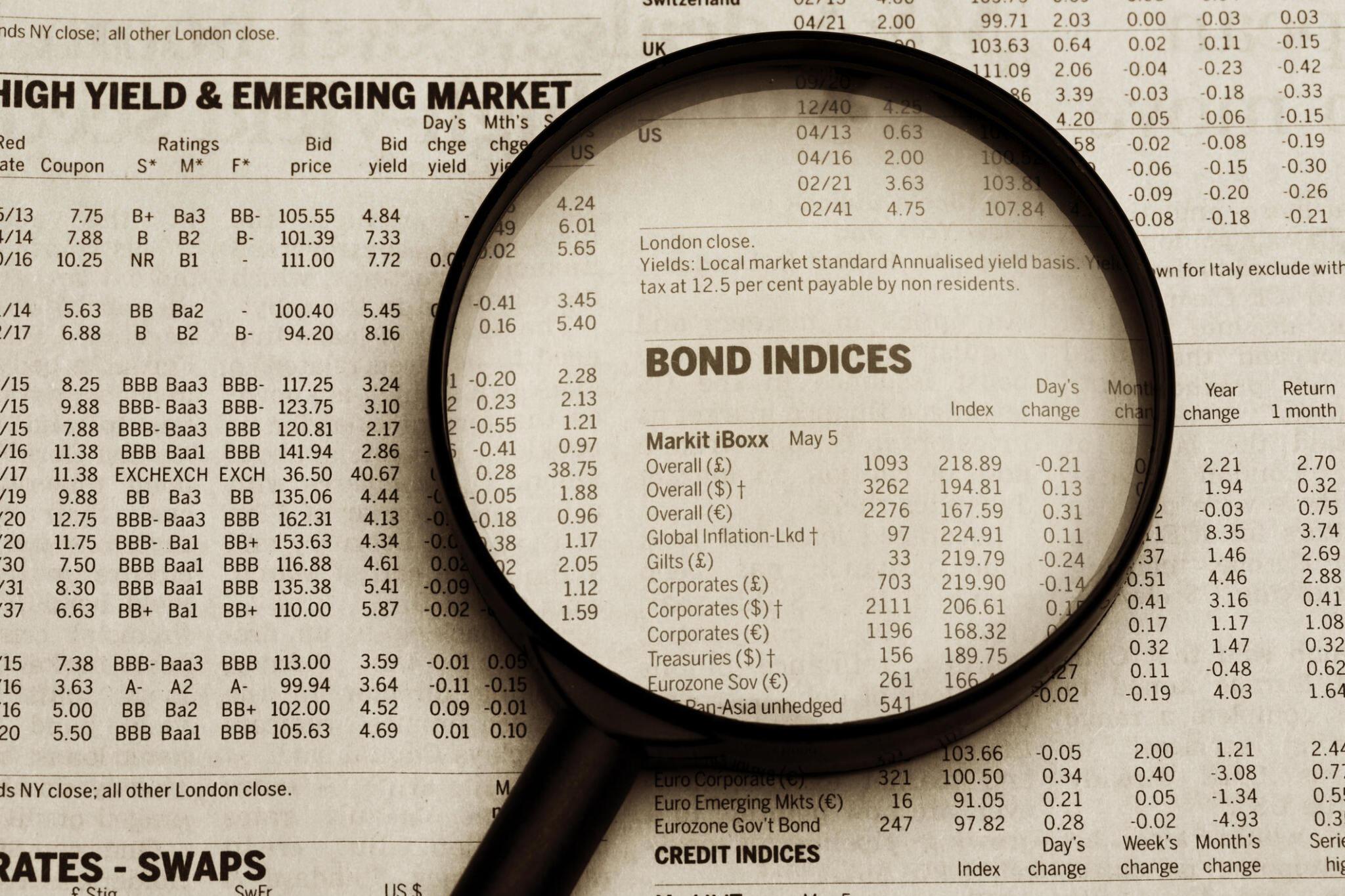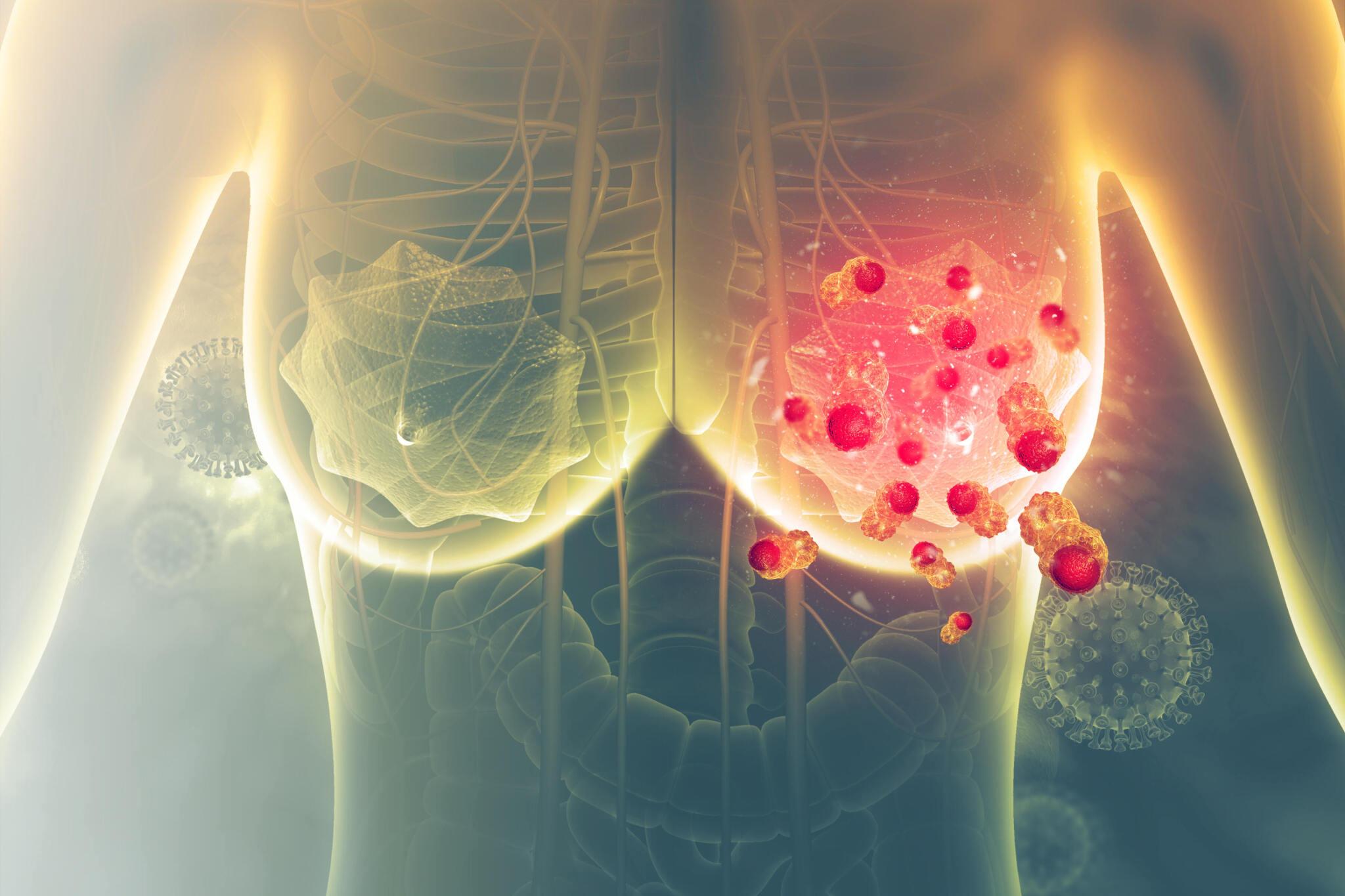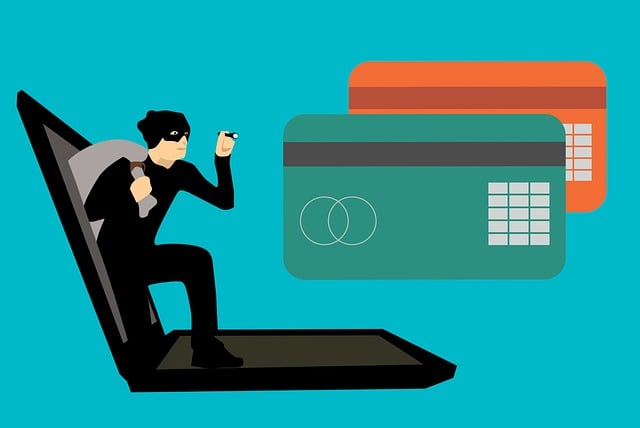
Going through a divorce can bring out an array of emotions.
Divorcing couples in tend to experience different emotional stages. One common explanation of the stages of divorce is that it’s the “death of the relationship.” This interpretation draws from Elisabeth Kubler–Ross’s well-known writing on the Stages of Grief. It explains that people usually go through five stages of loss and healing due to divorce: Denial, Anger, Bargaining, Depression, and Acceptance.
It can be difficult to cope with the emotional turmoil of divorce. Thus, as you’re working with your divorce lawyer, seek qualified, experienced mental health professionals if you are willing to receive help.
Counseling is a process that takes time. Some people feel numb, while others feel raw and hurtful. The healing process is completely personal, and you are the only one who can feel your emotions. Family law attorneys will also work with you during this sensitive time to ensure you’re comfortable signing all the divorce documents.
Also, it’s important to note that these emotional stages don’t always go in a specific order. It is not a list that you can check off. You can grieve before or after divorce. There is no set time for these feelings; they can last a long time.

Stage One: Denial
Denial doesn’t necessarily mean that you are incapable of accepting the truth. Where this occurs is being unable to process what is happening. When there is too much information to process at once, it’s natural to try and avoid conflict.
Denial can lead to confusion or fear. For example, you may be shocked that you didn’t know the divorce was coming. Also, it’s possible to feel that you must make your marriage work—no matter how unhappy or happy you are.
And as you go through the legal process with a divorce lawyer, you might cry, feel stressed, or have headaches. Everybody grieves differently and with different intensities.
Stage Two: Anger
Anger is triggered by being betrayed, deceived, misunderstood, or abandoned. It’s caused by being pushed into bad situations by someone you trust.
Sometimes, you may be angry at yourself or angry that divorce is even happening in the first place. Maybe you could’ve stopped it. Or maybe you’re the one who reached out to a lawyer first.
You might also be frustrated or irritable about the divorce proceedings. Legal matters can be incredibly triggering. Additionally, you can become anxious, impatient, argumentative, or all of the above. As a result, you may start to drink excessively, exercise too often, eat too many calories, or binge-watch too much television. All of this might feel like you are being punished.

Stage Three: Bargaining
Bargaining is the “what if” stage.
This stage is where you try to find answers—to find meaning in what is happening. It is a way to remove doubts, reflect on how you got there, and negotiate a better outcome.
Some people in feel guilty about not making the marriage work. Some make desperate promises such as “I swear I won’t cheat again.” Sometimes, parents agree to stay married to protect their children from a toxic environment. Many find themselves negotiating with their spouses, God, and themselves.
Most of the time, these pleas are filled with empty promises.
Stage Four: Depression
Depression can be caused by sadness, grief, or loneliness.
Most people experience some degree of depression. It’s possible to question your purpose in life and become disconnected from society. You might feel guilty about hurting your children or others you love. You might feel tired, have trouble sleeping, or lose your appetite. At the same time, you might also feel helpless, overwhelmed, and hopeless.
Depression can also feel like emptiness; it can paralyze. It can be very difficult to remember reality. Sometimes people get stuck in depression. It’s hard to get out of it. However, do not let this continue to consume you. Talk to someone about your feelings, or get professional help.
Stage Five: Acceptance
Acceptance refers to the fifth stage in divorce, and this is where you want to be.
Although acceptance comes in waves, you will eventually become a whole new person. As you come to terms with and understand why the divorce needed to happen, you will gradually be okay.
Of course, there are good days and bad ones. However, to not feel so bad, try to spend time with friends and family—with people who love you and care about you. It’s easier to feel optimistic about life when you are making plans and exploring possibilities.
And that’s the thing—divorce does mean a relationship is ending, but it also means there is something new to look forward to. You have a new beginning to cultivate.
You can find a new job, find a new place to live, and imagine a new way of life. Then, as you get back into the normalcy of everyday life, you’ll realize that you can exist without your ex-partner.

The Different Stages of Divorce
At the moment, it can feel like you’re drowning. But eventually, all things have to come to an end.
Typically, divorcing spouses will experience each stage at different times. In addition, some people may experience multiple stages at once. Everyone’s journey is unique and different, so not everyone will experience these stages the same way.
As you go through divorce, taking care of yourself is important. Even though working with divorce attorneys is time-consuming, self-care is important. Remember to drink enough water and exercise to release stress. Also, although it might be difficult, make sure to eat enough.
And if you need it, reach out to someone. Talking about our feelings almost always makes us feel better.








1 thought on “The 5 Stages Of Divorce”